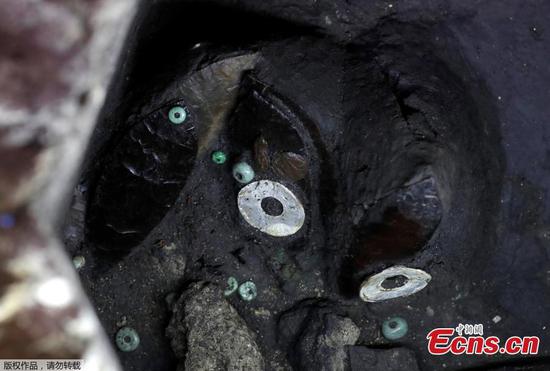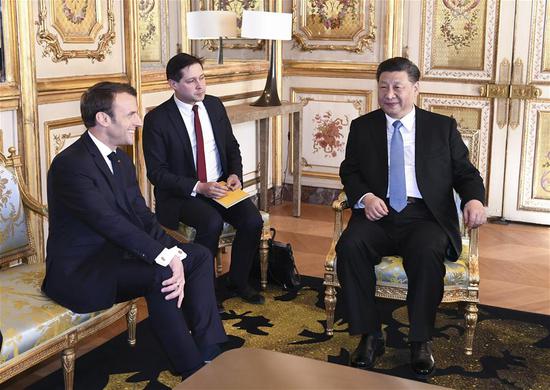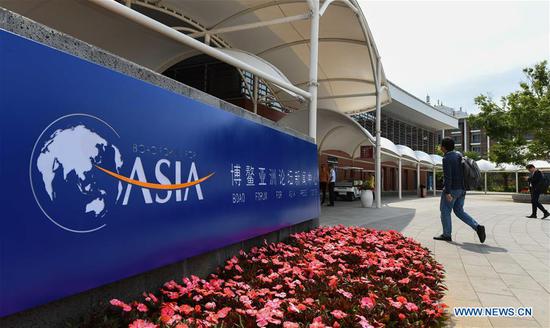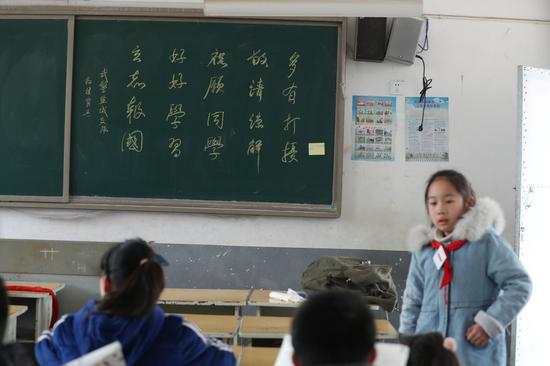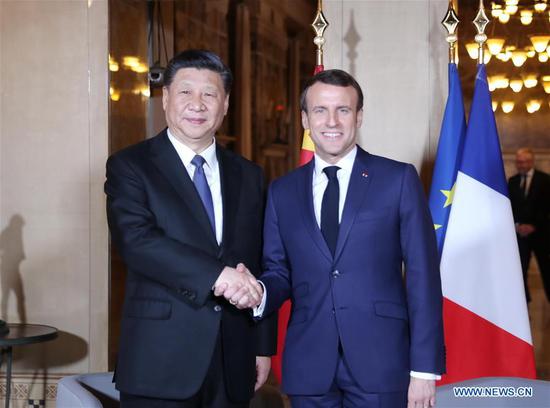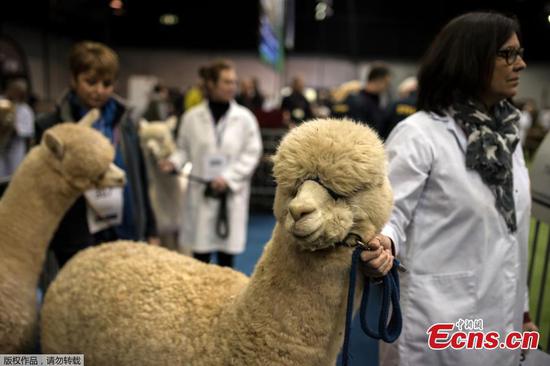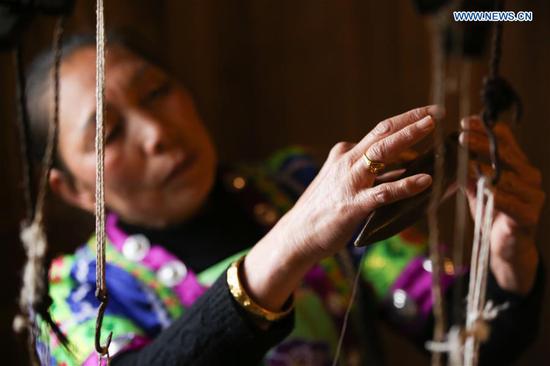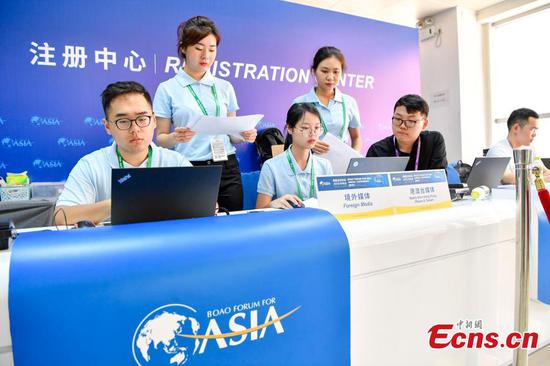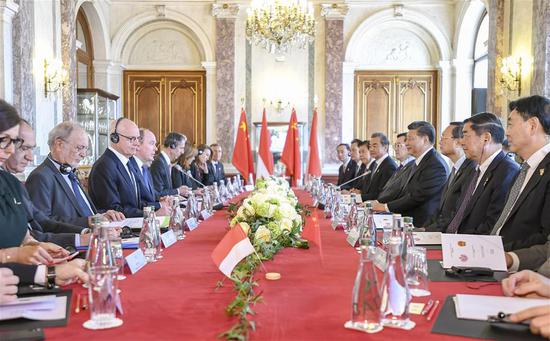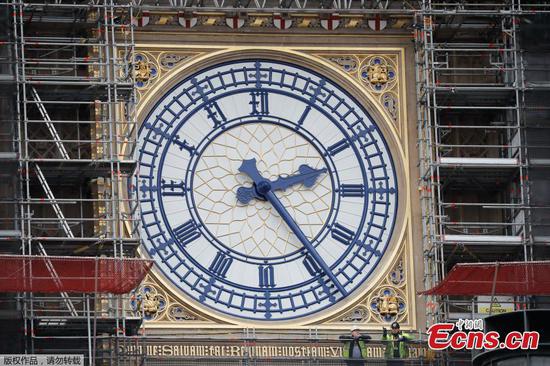French companies have been entering the Chinese market and tapping its potential in elderly-care, e-commerce, artificial intelligence and other fields.
The ORPEA group is a global leader in long-term elderly care with French roots, offering services in nursing homes, rehabilitation hospitals and home care services.
Nathaniel Farouz, CEO of ORPEA China, told Xinhua this is the best time to enter China since the elderly-care market is growing rapidly, which implies greater market scale, diversified needs, and more opportunities.
The company opened its second nursing center in Changsha, Hunan Province at the end of last year after launching the first center in Nanjing, Jiangsu Province in 2016.
France can be a strong partner to help China benefit from international experience, Farouz said, adding that China, with its innovative ecosystem, can help design future elderly care facilities.
A wide range of French companies have actively embraced the business opportunities in China, with the direct investment from France to China seeing fast growth of 28 percent last year.
FranceTD is a cross-border e-commerce platform, exporting high-quality French products such as food, wine, luggage and cosmetics to China.
"With high-end daily French necessities becoming increasingly popular among Chinese consumers, more French firms are reinforcing their presence in China," Le Grix, founder of FranceTD said.
According to the China International Import Expo (CIIE) Bureau, over 30 French companies have confirmed their participation in the second CIIE as of March 15.
Meanwhile, the overall tariff rate on imported goods was lowered from 9.8 percent to 7.5 percent. "Consumers will also receive the benefits as companies tend to share the gains from tax cuts," Grix added.
Moreover, the Belt and Road Initiative has provided French enterprises with new opportunities. For example, China Railway Express has routes reaching the cities of Lyon and Dourges in France from Wuhan and Yiwu in China.
With China pledging to carry on an even bolder reform and wider opening-up, the two nations have made remarkable achievements in economic and trade cooperation.
According to the Ministry of Commerce, bilateral trade volume saw a 15.5-percent increase to 62.9 billion U.S. dollars, hitting a record high last year.
Mats Harborn, president of the European Union Chamber of Commerce in China, said that deeper EU-China engagement will help foreign companies in the Chinese market.
Recently, China's national legislature passed the foreign investment law, a landmark legislation that will provide stronger protection and a better business environment for overseas investors.
"The foreign investment law plays an important role in formalizing the legal foundation for the shift from the old catalog to the new-market access system, and we hope it could provide increased certainty for European businesses," said Harborn.



















